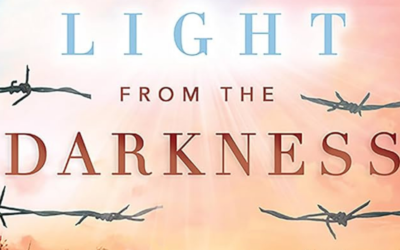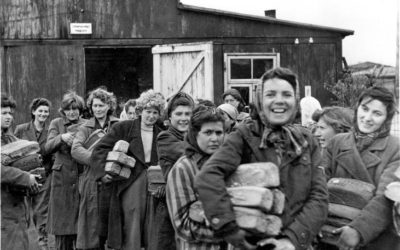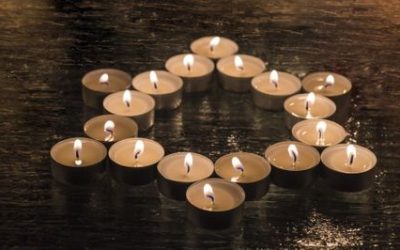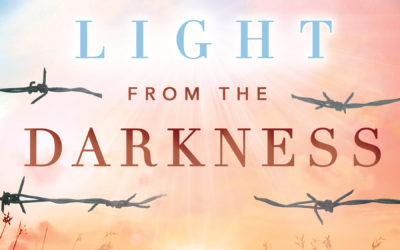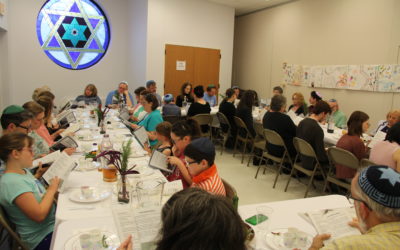The seder is the perfect model for developing a Holocaust commemoration. At the seder, we tell the story of our survival from a great tragedy ….. In a Holocaust commemoration we want to tell the story of our survival from another great tragedy. [Originally published in the Jewish Educator.]
On the meaning of liberation, for the 75th anniversary of V-E day
Seventy-five years ago, death camps and labor camps were liberated one by one as the Allies marched across Europe. On May 8, 1945, the armed forces of Nazi Germany surrendered to the Allies. The Jews of Europe as a people were liberated, freed from their slavery and oppression. Free to emerge from hiding; free from the threat of arrest and murder; free to be Jews again. What does it mean to be liberated? [Redirects to the Times of Israel]
How will we remember the Holocaust when there are no survivors left? Ritual.
Today, another Holocaust survivor passed away. I do not know their name – perhaps you do. Unlike their families who were torn from them before their time, some of these people are dying of natural causes, and others, sadly, of COVID-19. We should not be surprised by this. The Holocaust ended 75 years ago. The youngest survivors are in their 80s.
How Should We Memorialize the Holocaust?
The Holocaust is in danger of being remembered as just another historical atrocity inflicted on the Jewish people. Traditionally, Yom HaShoah—Holocaust Remembrance Day—has been a time to listen to survivors. Soon, we will no longer be able to sit and listen to them...
How a New Ceremony Changed My View of Yom HaShoah
Yom HaShoah is typically a somber time to reflect, and for me personally, to be angry at the world. This year was different, however. This year, my congregation hosted a very unique ceremony. My experience at this Seder-like ceremony has opened a whole new view to the holiday.
